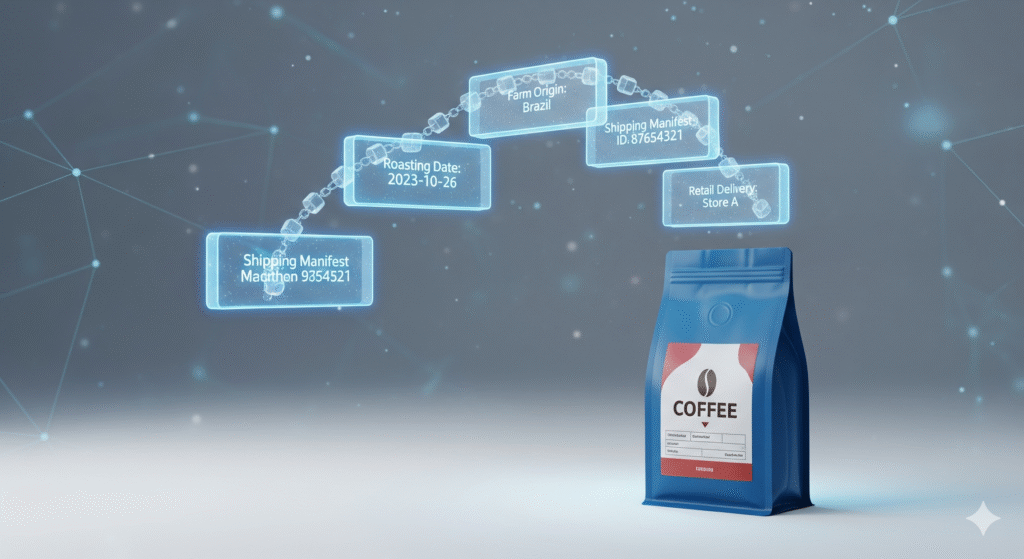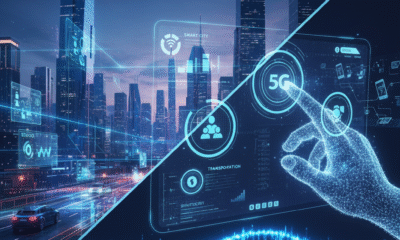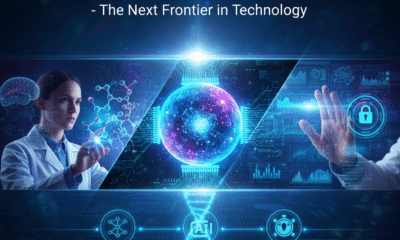Introduction
Blockchain is often associated with Bitcoin and other cryptocurrencies, but its applications go far beyond digital money. The decentralized, transparent, and secure nature of blockchain makes it a game-changer for industries like healthcare, supply chain, finance, and real estate.
What is Blockchain?
At its core, blockchain is a distributed ledger technology where transactions are recorded securely and cannot be altered. Unlike traditional databases controlled by central authorities, blockchain is decentralized, ensuring trust and transparency.

Importance in Today’s World
- Trust & Transparency: Eliminates the need for intermediaries.
- Security: Data is encrypted and nearly impossible to tamper with.
- Efficiency: Speeds up transactions and reduces costs.
- Decentralization: Empowers users instead of centralized institutions.
Real-World Applications
- Supply Chain Management: Track products from manufacturing to delivery, ensuring authenticity.
- Healthcare: Securely store patient data and streamline medical records.
- Real Estate: Smart contracts simplify property transfers.
- Finance (Beyond Crypto): Blockchain is powering decentralized finance (DeFi) platforms, reducing reliance on banks.

Latest Trends & Future Outlook
Blockchain is merging with Artificial Intelligence (AI) and Internet of Things (IoT) to create smarter ecosystems. Governments are exploring Central Bank Digital Currencies (CBDCs) powered by blockchain. Moreover, Web3 and the Metaverse are heavily dependent on blockchain for ownership verification and digital asset management.
Conclusion
Blockchain is not just the backbone of cryptocurrency; it’s a foundational technology for the digital economy. As industries adopt it for secure and transparent transactions, blockchain will play a crucial role in shaping the future of trust, innovation, and global connectivity.


















